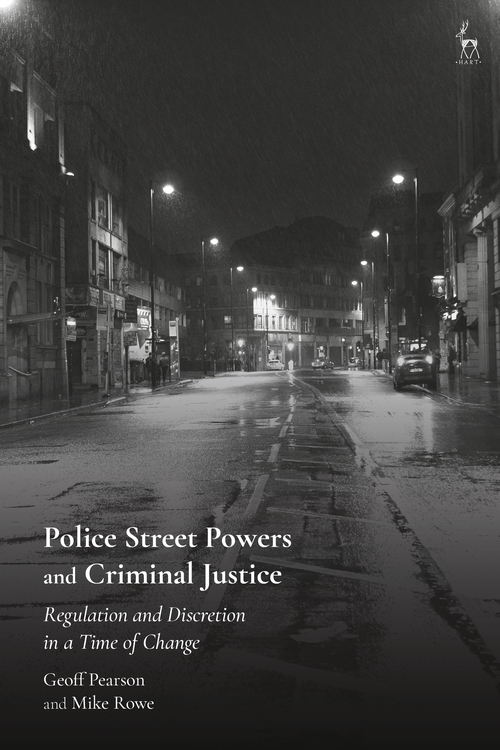‘Police Street Powers and Criminal Justice’ is out! It’s a product of 6 years of ethnographic research by @livmpa & I, investigating the use of police powers in England. Here is a short thread summarising my view of the key arguments/findings. 1/10 https://www.bloomsburyprofessional.com/uk/police-street-powers-and-criminal-justice-9781509925377/?utm_source=Adestra&utm_medium=email&utm_content=&utm_campaign=NT-Multi%3A%20Combined%20Newsletter%209.7.20
Ethnographers (outside modern anthropology) are hard-wired to find culture. However we found no evidence of a coherent police culture nor did we find the idea of culture or subcultures helpful to describe or explain police understandings or behaviours in our observed forces. 2/10
To understand the use of police powers we need to understand difference (individual, role, career-progression), change (law, policy, structure, technology), and the geographical and temporal practicalities of the shift. We typically found more differences than similarities. 3/10
It’s long been established that law alone isn't a very good way of changing frontline officer conduct. However, through effectively-supervised policy, law can change what officers do. For example, despite early concerns, PACE had a dramatic impact upon post-arrest procedure. 4/10
Pre-arrest, the law has had less impact due to differences in officer understandings and a relative lack of supervision. This may explain the modest impact of the Human Rights Act and the regular breaches of law and procedure we observed during stop and search and arrest. 5/10
We saw a dramatic reduction in stop and search but racial disproportionality remained. The searches we saw usually flowed from a stop-and-account or vehicle stop-check. These powers are largely unregulated and officers in proactive roles focused on poorer areas and young men 6/10
For arrest, many officers struggled to understand and apply the post-2005 necessity test and s.24 PACE is in need to reform if it’s to be effective. Despite this we observed a decline in the use of arrest, mainly due to practical difficulties, some related to austerity. 7/10
Technological developments (eg BWV, tracking, crime recording) mean that frontline officers are increasingly monitored and supervised remotely. This has restricted discretionary freedom in some areas, but proactive stop account/vehicle stop-check remains largely untouched. 8/10
Policy can drive quick and dramatic change in frontline policing but is hampered by differences in interpretation between ranks (vertical fragmentation) & individual officers (horizontal fragmentation). ‘What Sarge Says’ seems to be the key influence and needs more research. 9/10
Significant reform to improve police legitimacy is possible but requires clear, consistent, achievable & effectively-supervised policy. Change isn’t hampered by frontline ‘police culture’ but by short-term goals that often clash with what frontline officers are tasked to do 10/10

 Read on Twitter
Read on Twitter


